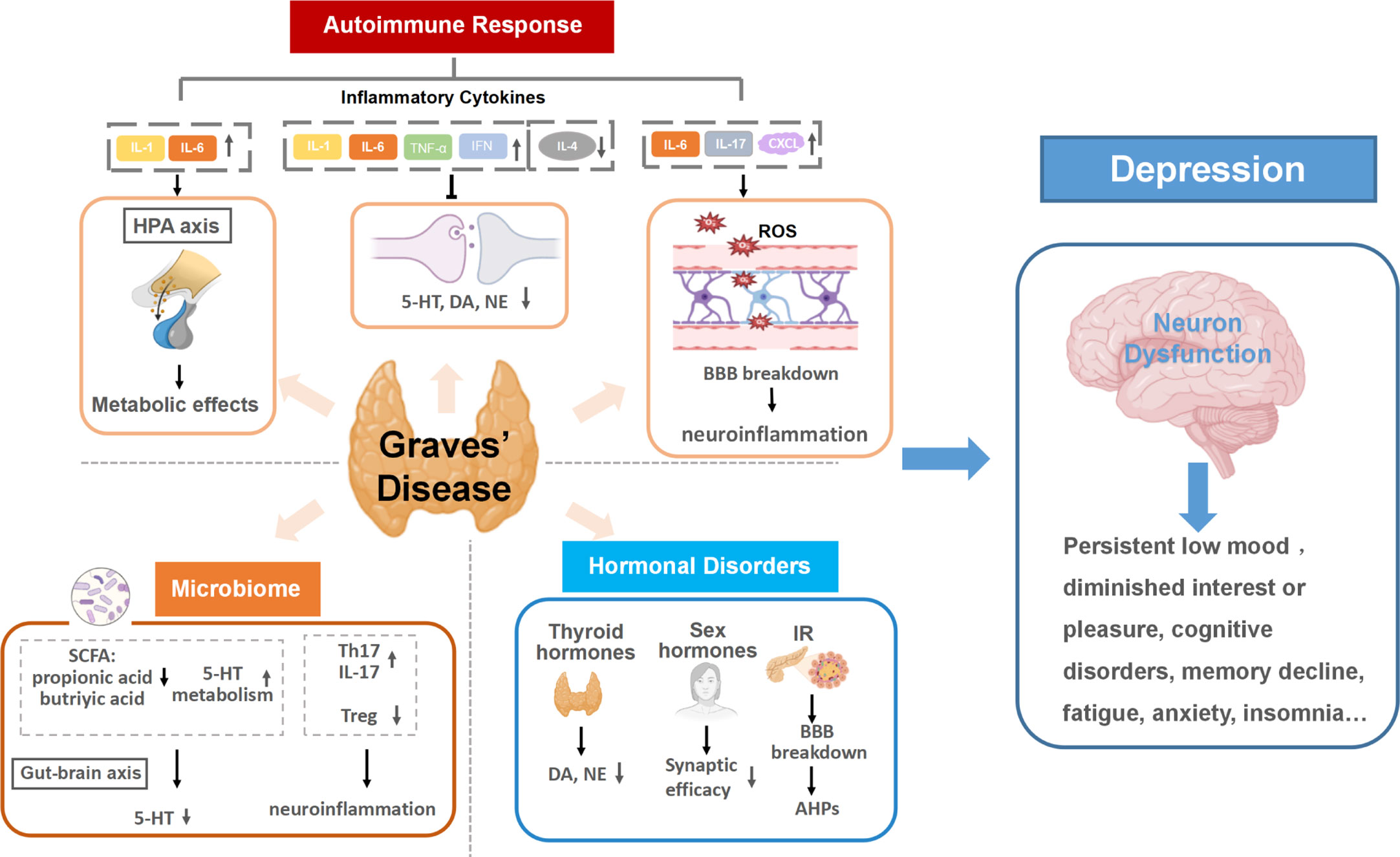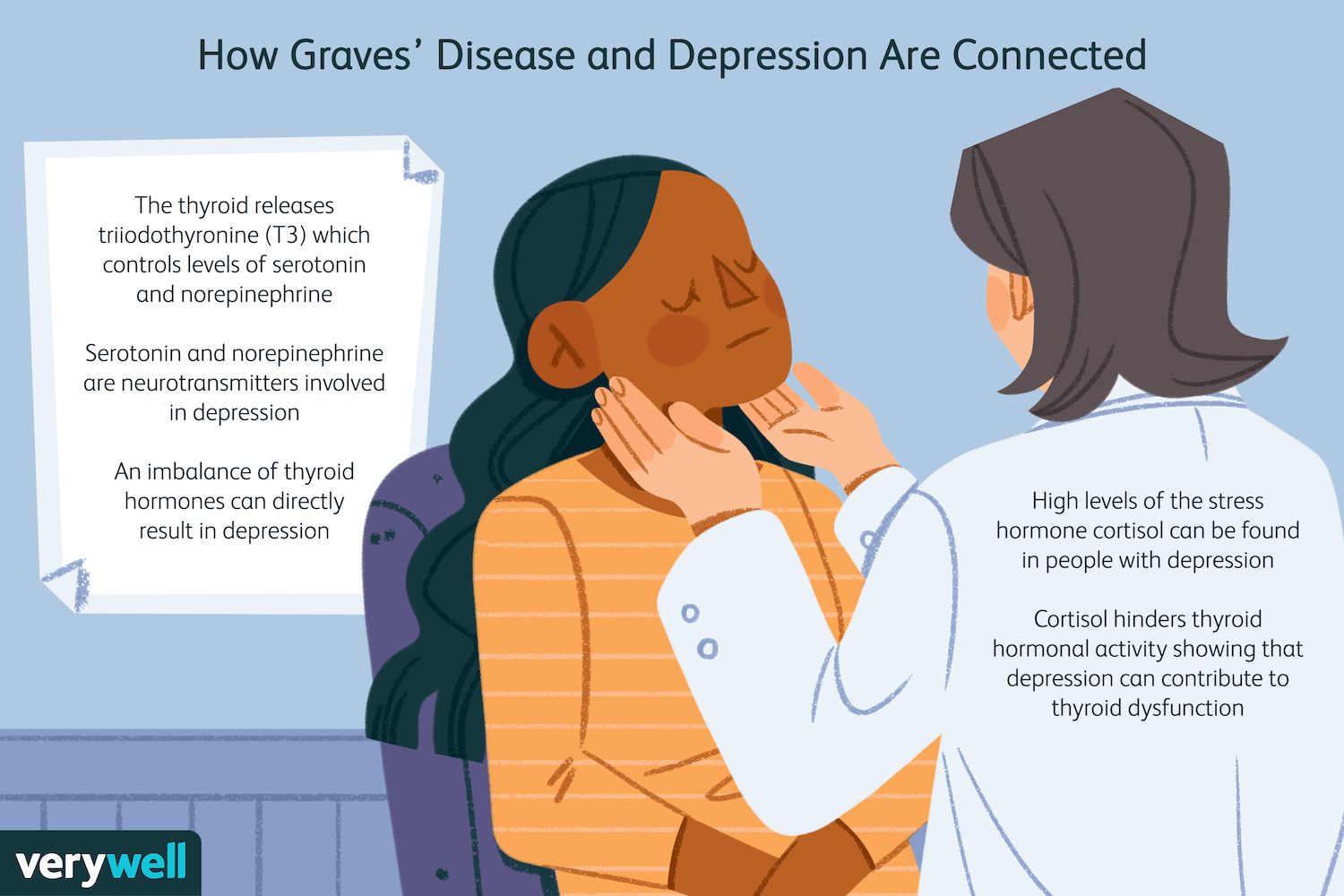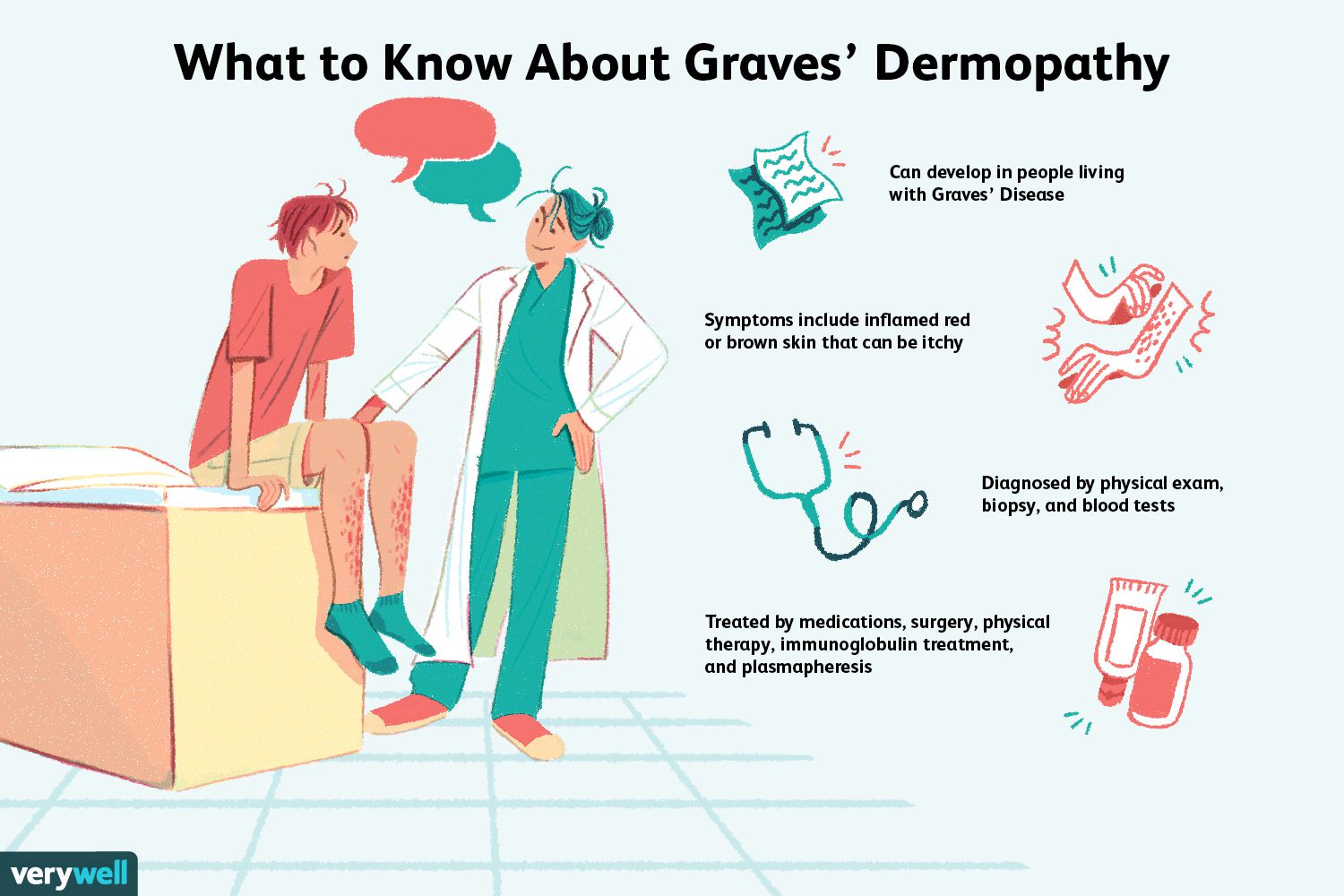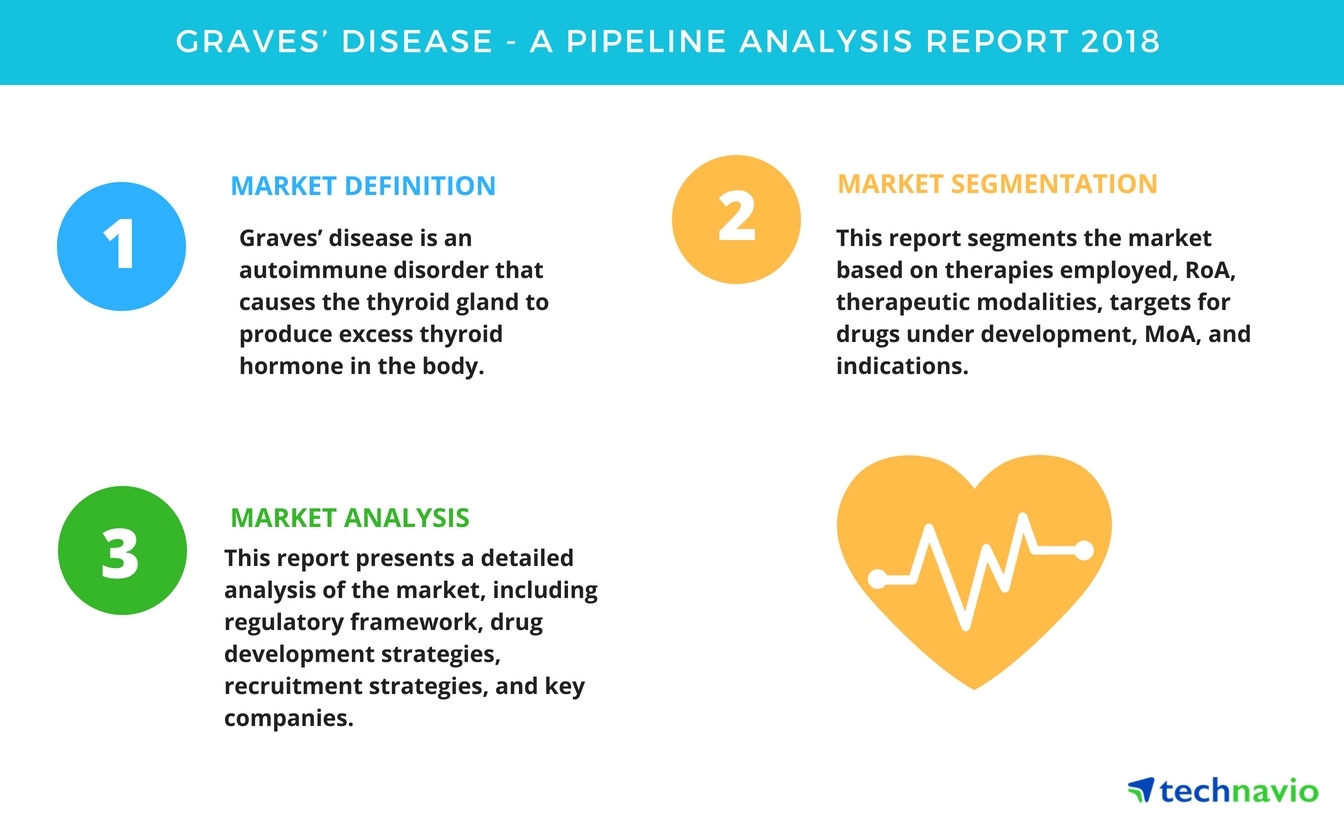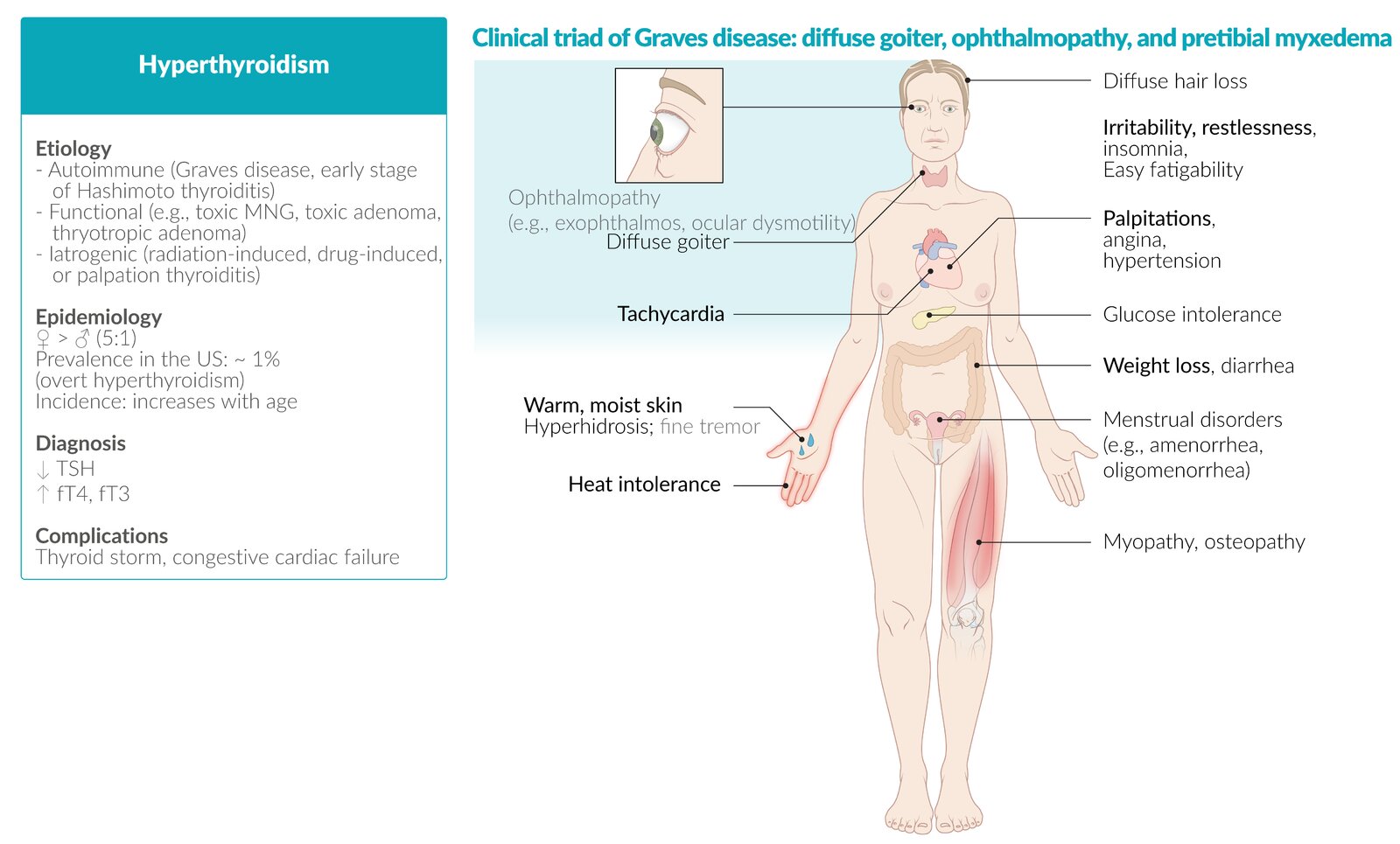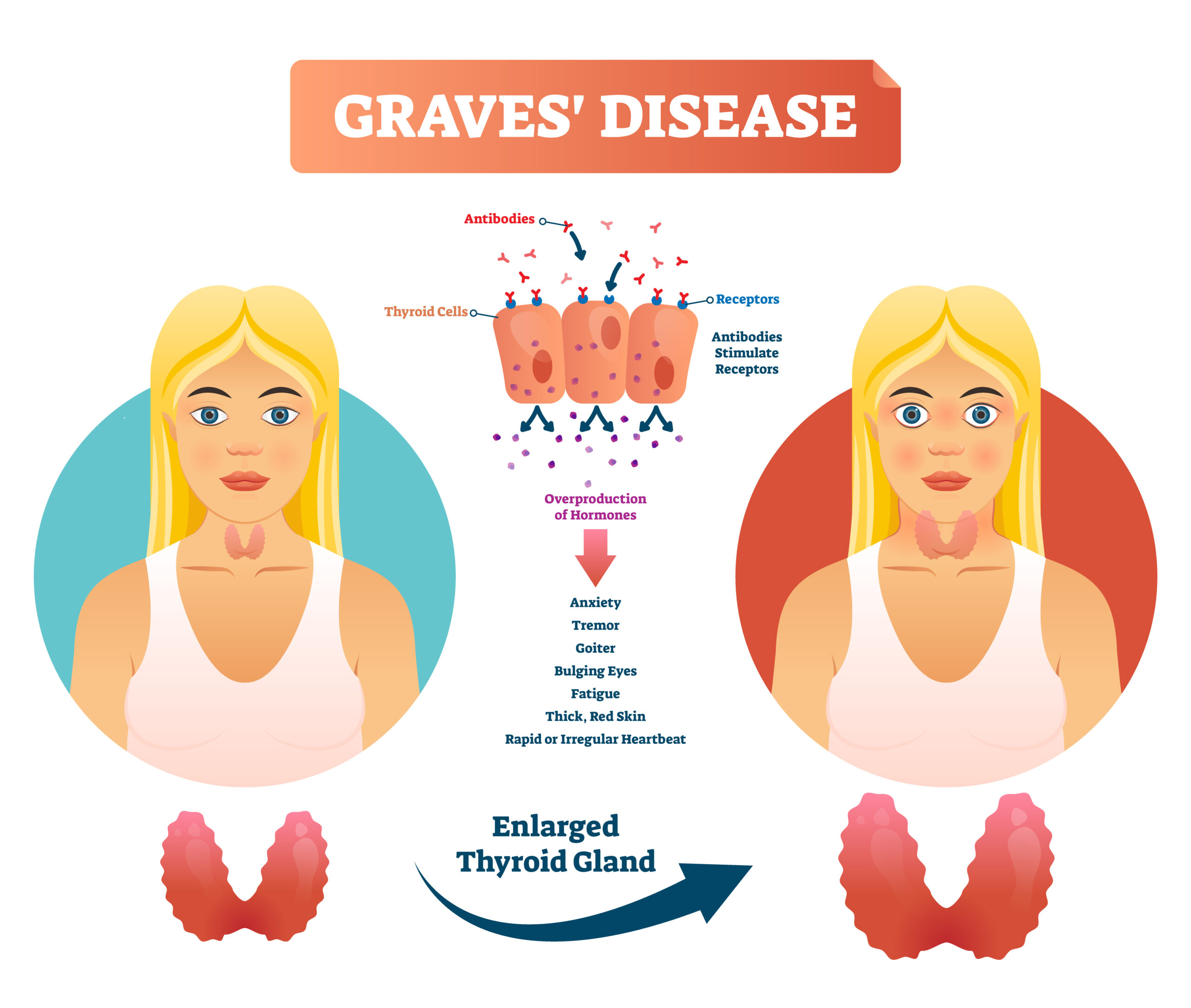
Key facts
- Graves’ disease, the most common cause of an overactive thyroid, is an autoimmune disease most common in females aged 20 to 40 years.
- Your symptoms may include anxiety, irritability, a racing heart, feeling hot, sweating and tremor.
- You may have bulging eyes and an enlarged thyroid gland (goitre) in your neck.
- Your doctor can diagnose Graves’ disease with blood tests and treat you with medications and sometimes surgery.
What is Graves’ disease?
Graves’ disease is an autoimmune disease (immune system disorder), that causes your thyroid gland to produce too much thyroid hormone. This happens because your body’s immune system produces antibodies that attack your thyroid tissue, causing hyperthyroidism (an overactive thyroid gland). It is important that Graves’ disease is diagnosed and treated early, because the condition can affect your heart function, bone structure and eyes.
What are the symptoms of Graves’ disease?
The symptoms of Graves’ disease may include:
- anxiety or irritability
- tremors and/or a racing heart
- feeling hot and/or sweating
- fatigue and/or poor sleep
- diarrhoea and/or weight loss
- infrequent menstrual bleeding or infertility
About 2 in every 5 people with Graves’ disease develop bulging eyes (exophthalmos). This is because the antibodies that attack the thyroid can also attack the muscles and tissues around your eyes. This is called thyroid eye disease (TED).
If you have Graves’ disease, you may also develop a goitre, which is a swollen thyroid gland that is visible to others.
If you’re pregnant and have poorly controlled Graves’ disease, you may have an increased risk of complications, such as miscarriage and premature birth.
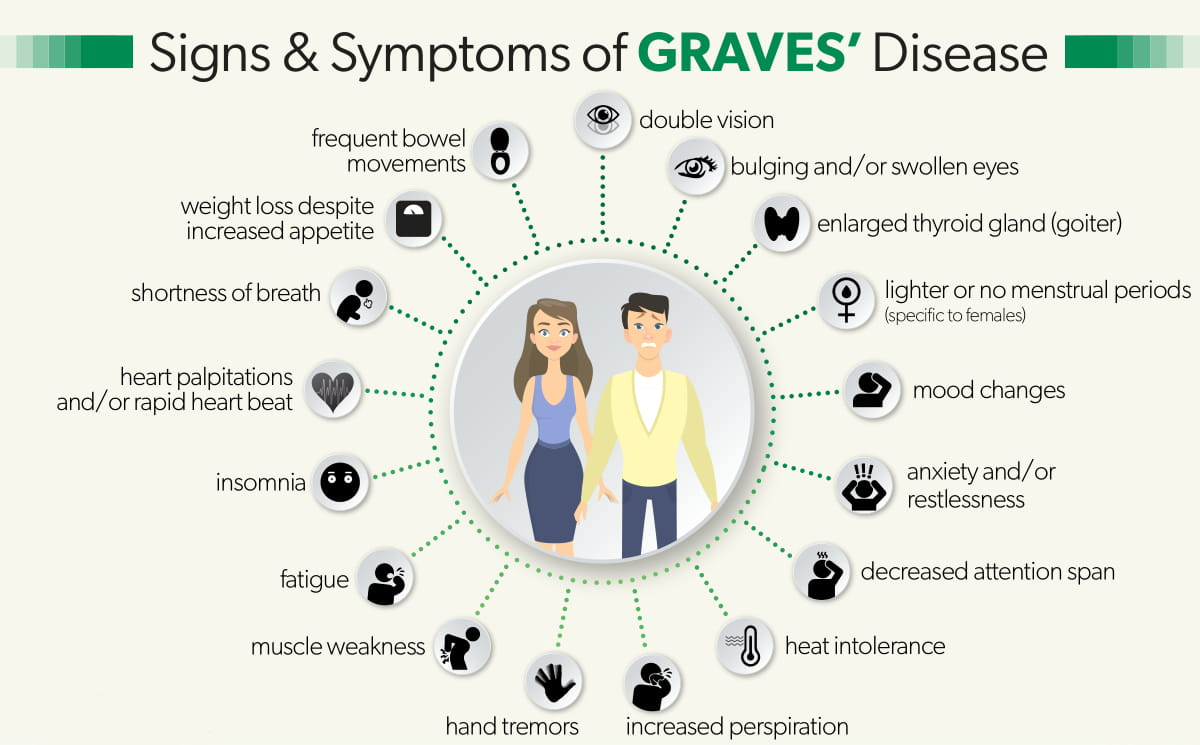
What causes Graves’ disease?
It’s not clear what causes autoimmune illnesses like Graves’ disease. Autoimmune illnesses are more common in females. Graves’ disease is more common in females aged 20 to 40 years and in people who have a family history of the condition.
How is Graves’ disease diagnosed?
Your doctor will ask about your symptoms and medical history. If they suspect Graves’ disease, they will order a blood test to measure your thyroid hormone levels. If the test shows that you have an overactive thyroid, your doctor may refer you to an endocrinologist.
Your doctor or specialist may order more tests, such as blood tests for antibodies and scans of your thyroid gland. An ultrasound scan can measure your thyroid’s size. A radioisotope scan can detect overactive areas within your thyroid gland.
How is Graves’ disease treated?
Treatments include medicines to reduce the activity of your thyroid gland. You may need surgery to remove part or all of your thyroid.
Your doctor might prescribe medicines called beta-blockers to control symptoms such as a rapid heart rate.
If your eyes are affected, your doctor may refer you to an ophthalmologist (specialist eye doctor). You may benefit from sunglasses or eye drops. If your eyes are severely affected, your doctor may recommend steroid treatment or surgery.


